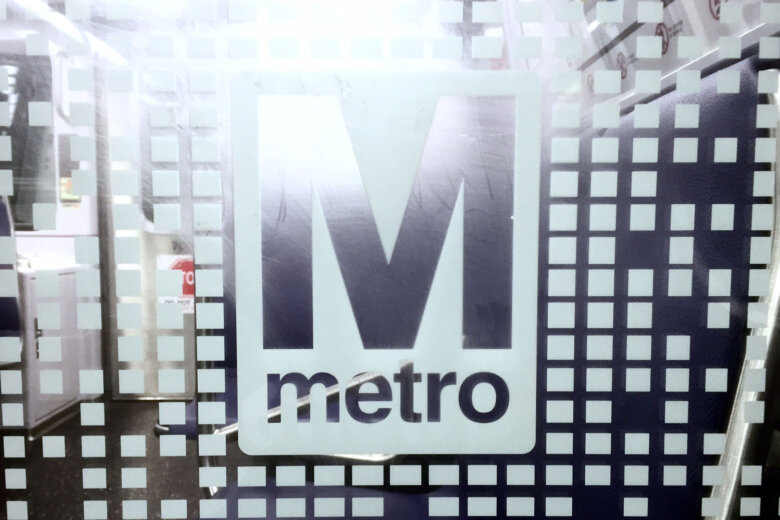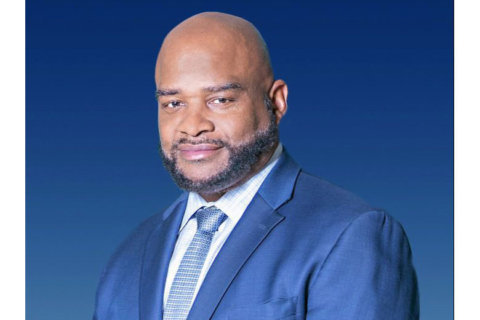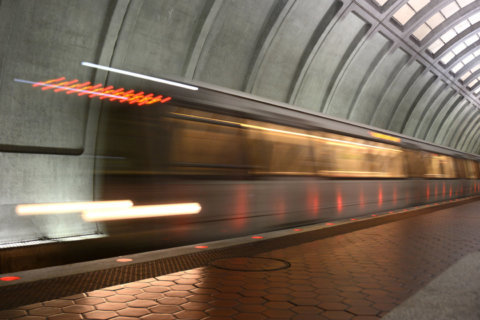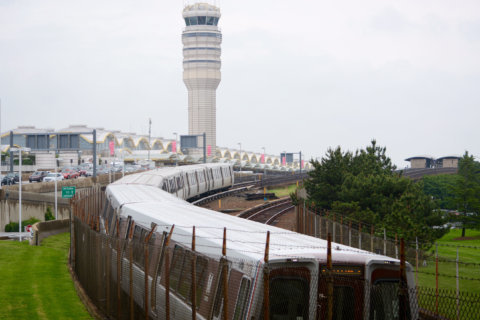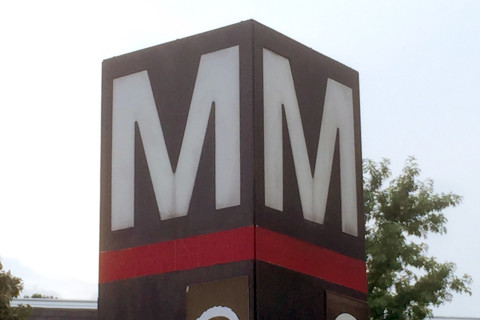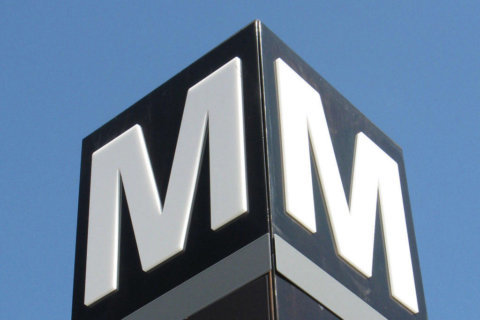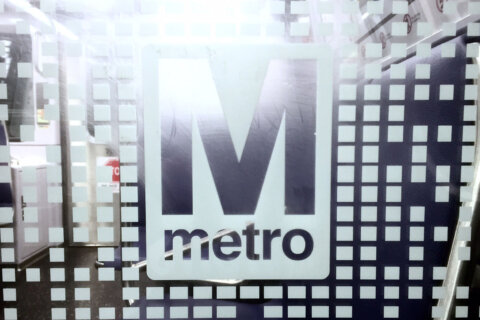
Metro plans to add some service back this summer at stations on the Yellow, Green and Red lines without raising fares, after the Metro Board unanimously gave preliminary approval Thursday to the agency’s $3.5 billion budget.
If the budget gets final approval as expected in two weeks, all Yellow Line trains will be extended to Greenbelt starting in July, adding service through Columbia Heights, Hyattsville and College Park. All Red Line trains will be extended past Silver Spring to Glenmont. In addition to improving service, it also simplifies Metro’s operations.
The costs of the service improvements are due to be absorbed by to-be-determined cuts from management elsewhere in the $2 billion operating budget.
“There’s no fare increase, there’s no service cuts. That’s pretty big,” Metro General Manager Paul Wiedefeld said following the Finance and Capital Committee’s budget vote.
The plan keeps current service hours, after cuts a few years ago, and includes $1 million for Uber, Lyft or cabs to provide discounts for certain workers with late-night shifts.
Metro Board Chairman and D.C. Council member Jack Evans insisted Thursday that late-night service cuts do not become permanent.
“Next year, when we are looking at the late-night service, there will have to be changes. I don’t know what they will be,” Evans said.
Continued declines in ridership are a significant risk to the budget plan, even though it already includes declines due to this summer’s monthslong shutdown of six Blue and Yellow line stations in Virginia.
Evans is hopeful the extra service on the Red and Yellow lines and newly discounted weekly and monthly passes will draw more riders. Rail passes will also now include unlimited bus trips as well.
“We’re hoping that they will come back, but the inconvenience of the shutdowns is not lost on all of us but again, it’s offset by what we have to get this system fixed so that in the long term the reliability will be there,” Evans said.
That platform and related track work is part of the $1.5 billion capital budget that makes up the other half of what the committee approved Thursday.
Metro is ahead of plans for capital spending in the current budget year, which is a significant change from just a few years ago.
3 percent cap questions
The committee chair, Arlington County Board Chairman Christian Dorsey, said the trade-offs in the budget do not reflect everything everyone wanted, which is a sign the budget is fair.
Dorsey had to navigate confusing and conflicting interpretations of new rules from Maryland and Virginia limiting the subsidy increases Metro could include in its budget. Though each state capped the increases for local taxpayers at an increase of 3 percent per year, the states disagreed on how to implement exceptions to that cap.
In the latest dispute to be resolved, Maryland had questioned Metro’s decision to allocate lawyer’s salaries to an exemption for legal costs that Maryland intended to cover unusual losses in court.
Maryland eventually agreed to allow half of the $5 million to be counted as exempt from the 3 percent cap.
Next year should be smoother, Dorsey said, now that the first year under the new rules tied to dedicated funding has been worked out.
Where does Metro go from here?
Maryland Metro Board member Michael Goldman suggested Metro should cut service and raise fares in the future. “As we go forward, there needs to be a better balance,” Goldman said.
Pressed on the issue, Goldman said he was speaking for himself, not for the state.
Clarence Crawford, Maryland’s other voting board member, expressed concerns that the 3 percent cost cap could be too tight.
“I’m comfortable with the idea of fiscal constraints; I’m just concerned about the long-term effects of 3 percent increases. I doubt whether 3 percent actually covers annual cost increases,” Crawford said.
The actual increases for jurisdictions are above 3 percent due to the exemptions.
“What the 3 percent does over a longer period of time is that it reduces the spending power of WMATA and could potentially put us in a bad situation in a few years because, while on the surface it looks like we have an increase … it may actually result in reduced buying power,” Crawford said.
Evans called for the region to figure out over the next year or so what Metro can and should be — a business, a commuter rail system or a system that serves everyone in a robust and growing region.
“And, if that’s the case, who pays for all this, and how does it all work?” Evans said.
WTOP’s Max Smith reported from Metro headquarters.

